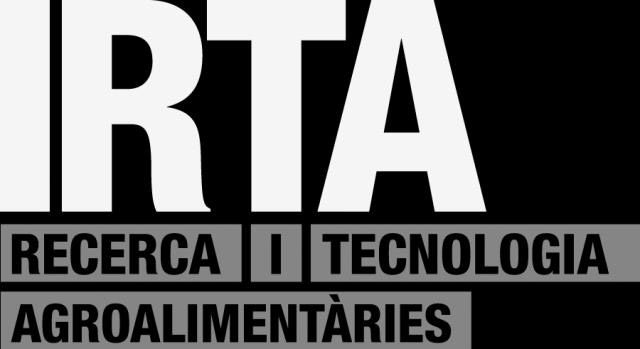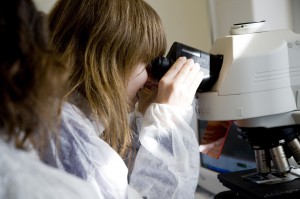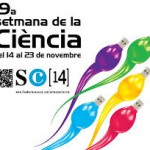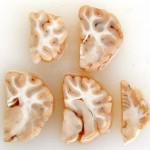CReSA supports EscoLab and the Responsible Research and Innovation (RRI)
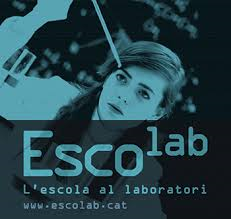
During the last week of November, CReSA’s program was full with activities aimed at bringing science closer to society. The meeting between teachers and researchers, within the initiative EscoLab, and the Science Week are two examples.The Responsible Research and Innovation (RRI) is a transparent and interactive process in which social agents and innovators take part actively in the construction of knowledge and discuss in terms of ethical acceptability, sustainability and social desirability of the research, innovation and their marketable products.
Under the EscoLab program, the Spanish Institute for Culture and the Institute of Education of the Barcelona City Council organized on the last 27th November, in the Mobile World Center of Barcelona, the annual meeting of researchers and representatives of the communication departments of various research centers and universities. This year a part of the teachers that have attended the activities was also invited. Such meeting gathered around 40 of the most important agents making up the program, which facilitated the exchange of opinions and experiences.
CReSA took part in the meeting with the talk Responsible Research and Innovation (RR) and EscoLab, presented by Elisabet Rodríguez, responsible for the communication of the center. In addition to explaining the activities that CReSA organizes for schools and for the general public, she presented an analysis study of 184 articles on subjects related to the research in animal health, which were written by high school students between 2011 and 2013.
Said analysis evaluated the potential impact of EscoLab on the orientation of these activities and even on the research itself. Thus, the following conclusions were reached:
The understanding of their interests and concerns influences on the orientation of the dissemination activities. For example, one of the most popular subjects among the students is the animal testing. Thus, dissemination activities should be organized in order to clarify misconceptions that most of the people have.
- The information can be of great value for future research projects applications that require a RRI constituent.
- A higher level of dissemination in society on the subjects of greater interest.
- It is necessary to achieve more collaboration from experienced scientists in order to help young people in their professional orientation, in the visualization of their future and to understand the application of the scientific knowledge gained in the class on a professional level.
- An assessment on the effectiveness of the activity should be carried out by means of further evaluation surveys.
- It is very important to share these opinions with society.
- Research centers are collaborating centers for the education assistance, since these centers can offer very valuable resources, such as laboratory spaces, courses, conferences, materials, development of practices and experiments, trainings, queries, research works, etc.
Mad cows, bluetongue, avian flu… Diseases that we are investigating
Since 2008, CReSA takes part in EscoLab and the Science Week with this initiative that allows high school students to know the activities of a research center in animal health and to take a tour around its facilities. Over 80 students from different high-schools have visited the CReSA building this year: IES Pere Calders (Bellaterra), Studies Center Dolmen (Hospitalet de Llobregat), Sant Ignasi de Sarrià School (Barcelona) and IES Gorgs (Cerdanyola del Vallès).
Since 2008, more than 2,300 high school students have already visit CReSA installations.

